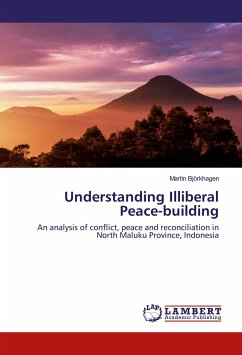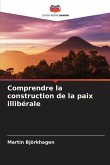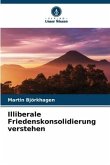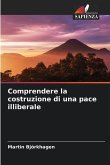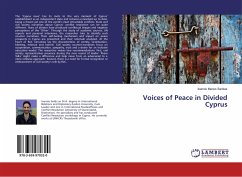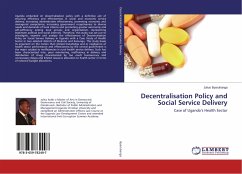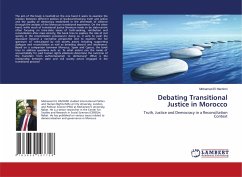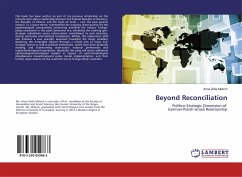After the fall of General Suharto's regime in 1998, large-scale violence erupted in several Indonesian provinces. In some provinces, peace has yet to be fully consolidated and violence continue to erupt from time to time. Yet, in North Maluku, the peace and reconciliation process stands out as a rare success story. This book provides unique insights, based on field research, into why and how peaceful coexistence was achieved here. In-depth interviews were conducted with North Maluku's elite and experts on the process. The Reality Check Approach was used as a method to include the voices from the grassroots' perspective. The book draws upon an interdisciplinary analytical framework including theories on illiberal peace-building, neo-patrimonialism, decentralisation, legacies of colonialism and the revitalisation of traditional reconciliation practices. The book also includes field photography from the research sites, as well as the author's concluding reflections.
Bitte wählen Sie Ihr Anliegen aus.
Rechnungen
Retourenschein anfordern
Bestellstatus
Storno

